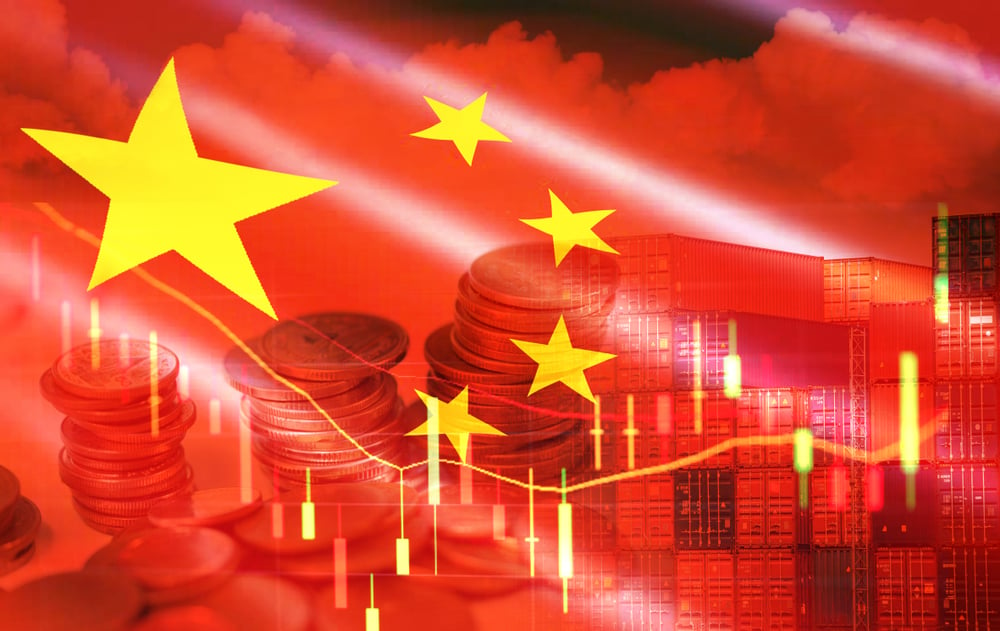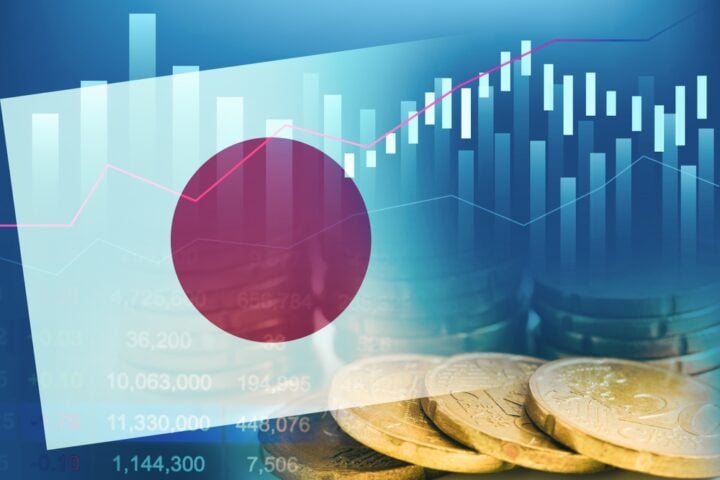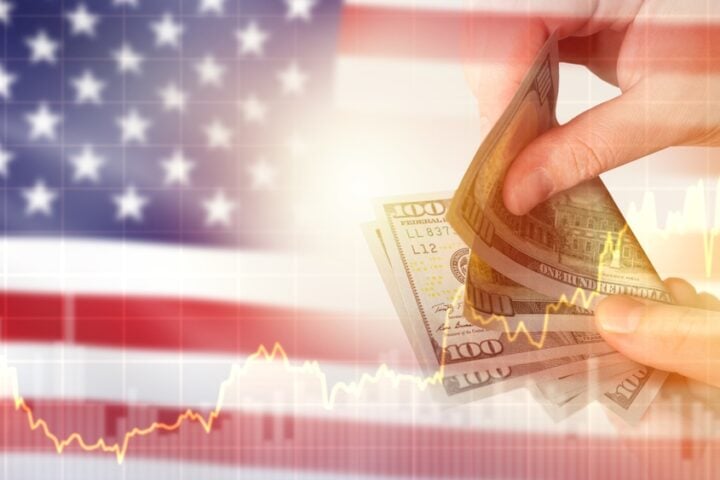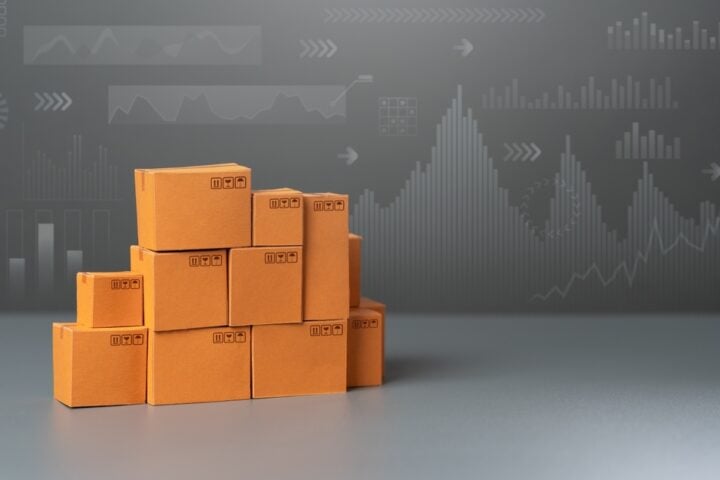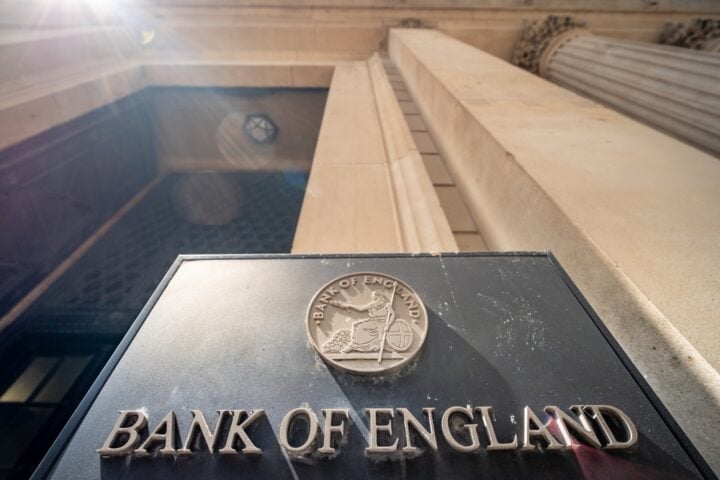In a move aimed at softening the economic impact of the ongoing trade war with the United States, Chinese authorities announced a series of stimulus measures on Wednesday. These steps, including interest rate cuts and a substantial liquidity injection, come just ahead of critical trade talks between the two nations. The talks, set to occur this weekend in Switzerland, represent the first opportunity for the U.S. and China to de-escalate tensions after months of escalating tariffs.
Impact of U.S.-China Tariffs on Chinese Economy
China’s economy has already begun to feel the strain of the tariff war, with recent data revealing that factory activity contracted in April at its fastest pace in 16 months. As tariffs weigh heavily on Chinese exporters—who are losing their largest customer, the U.S.—there is growing concern about the deflationary pressures and job losses within China.
“The domestic economy must be strong enough before China initiates any prolonged trade negotiations,” said Xing Zhaopeng, senior China strategist at ANZ, commenting on the government’s decision to roll out the new stimulus package.
Details of China’s Stimulus Measures
The stimulus package includes a series of monetary adjustments from the People’s Bank of China (PBOC). The central bank will lower its seven-day reverse repurchase agreements rate by 10 basis points, bringing the rate to 1.40%, effective May 8. This move will be accompanied by a 50 basis point cut in the reserve requirement ratio (RRR), which will release approximately 1 trillion yuan ($138 billion) into the financial system. The cut will be implemented on May 15, and it is expected to ease liquidity pressures.
Additionally, the Chinese government is taking steps to support businesses, especially in the A-share market, with the China Securities Regulatory Commission committing to help companies impacted by tariffs. Meanwhile, the PBOC is also focusing on low-cost relending facilities to support tech-related bond purchases and investments in the elderly care sector.
Monetary Easing and Stock Market Reactions
The market responded positively to these measures, with Chinese stocks rising as investors cheered the easing steps and the diplomatic breakthrough in trade talks. Analysts from Citi noted that the tariff impact was becoming evident, but the stimulus measures could offer tactical advantages in the upcoming trade discussions.
Despite the optimism, analysts are cautious about the potential long-term impact. Xu Tianchen, senior economist at the Economist Intelligence Unit, stated that while the measures would bolster confidence, the credit impact might be modest, given that the main constraint on credit in China is demand rather than supply.
Trade Talks: Hope for Tariff Reductions
With both sides preparing to meet in Switzerland, expectations are rising for progress on tariff reductions. Sources familiar with the talks have suggested that the U.S. and China may discuss broader reductions in tariffs, including eliminating duties on specific products, U.S. export control lists, and the de minimis policy, which sets limits on the value of goods that can be imported without tariffs.
However, as tensions remain high, Beijing has continued its fiery rhetoric, pledging to “never kneel” to the Trump administration’s tariffs. These ongoing trade disputes will likely shape the economic and diplomatic landscape for the foreseeable future.
Conclusion
The newly announced stimulus measures are designed to cushion China’s economy in the face of a prolonged trade war. While they offer a temporary boost, the long-term effects will depend largely on the outcome of the upcoming trade negotiations and the ability of the U.S. and China to reach a resolution. As discussions continue, the global economy will closely monitor how these tensions evolve and impact future trade dynamics.


